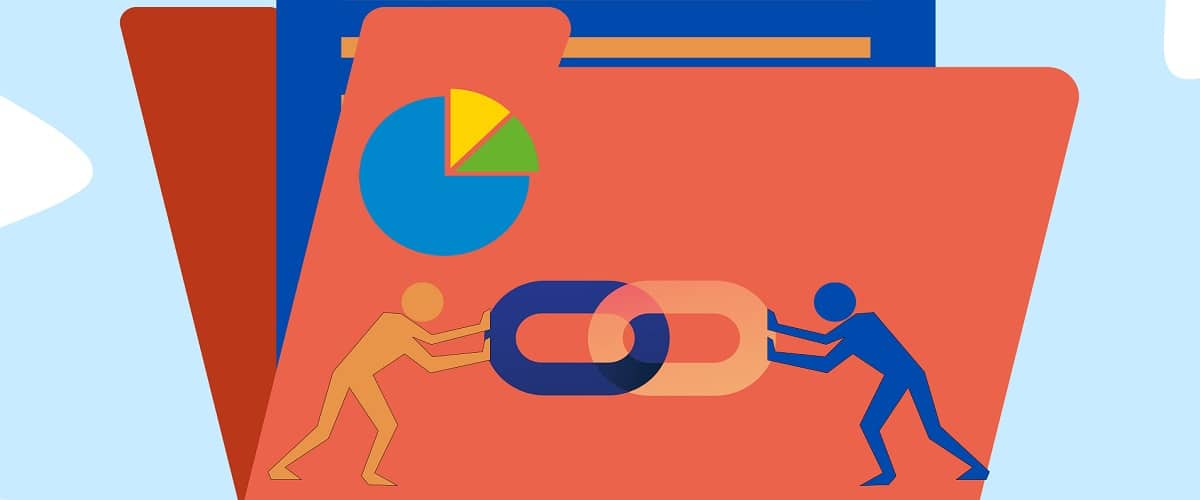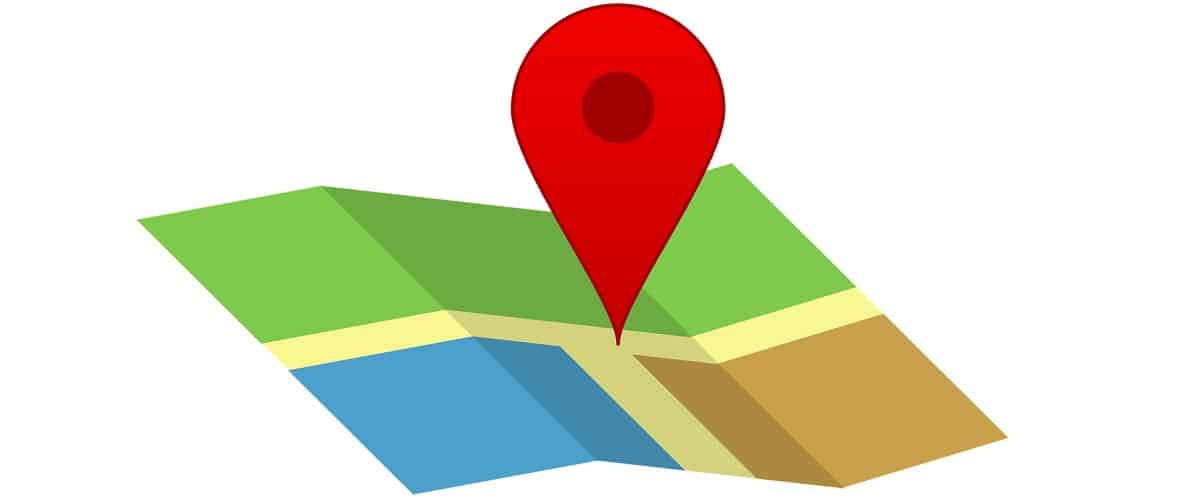Do you have a website and need help making it show up on Google? You’re not the only one. Many website owners have been around for some time or just started and find it challenging to rank higher in Google Search. But you can improve your SEO and get noticed online. SO? how to rank higher on Google?
The following 8 TIPS will help your site move up to the top of Google Search results.
How does Google’s ranking work?
One needs to understand how Google decides where your site is going to rank to be able to rank higher than right now. Google decides this in various ways, and they often change so it’s crucial to check it out often, but some important things never change. One of the first, most important things for you to understand is that you need really good content. Your content should help the reader who is searching for your products or services to find relevant information. Since Google’s mission is organizing the world’s information and making it accessible and usable for everybody, they want to show their users the hand-checked information and not consistently run fact-checks. Because of that, the better your content is, the more likely your site is going to rank higher.
Google also sees how your website is built and whether the people who visit it have a good time when they do. Another big thing are backlinks. These are hyperlinks from another site to yours. To Google, it’s like the other that links, suggesting the page linked is worth the user’s time is better than many others. Lots of good backlinks from big, reputable sites help you get noticed as the expert in your field and rank higher on Google. But remember that it’s Quality over Quantity.
Tips to Increase Your Website’s Visibility
Keyword Research and Optimization: Your Road Map to the First Page
There is an important step you can take to get a better Google ranking. You can search for and use the proper keywords. They literally are as signs leading people to your website, as the words descriptive of what your business offers. Firstly, you need to find out what words and phrases or keywords people use most. You would have to use them all over your website. It can be on your main page, other pages, titles, descriptions, headings, and the text, as well. Besides, you should keep track of the most popular keywords, since they can change quickly.
On-Page Optimization: Making Your Website Better
You can do a couple of things on your website to rank higher on Google, such as:
- Title Tags and Meta Descriptions: You should create them so that they could attract the user’s attention. What is more, you could include keywords, since it can attract more clicks.
- Headings and Subheadings: It is convenient for you to use them. Google would see them and understand what the web page is about.
- Image Optimization: You should give clear names to your images, as well as alt text, and captions. It would help with image search results, as well.
- Internal Linking: You should use good links, as they can compel Google to understand your website better and improve user experience on it as well.
- Structured Data: You should use schema.org markup, as it can give Google more details about your website. Moreover, it can also help with your search results.
- Page Speed and Performance: If you want Google to show your website in the first or second position, your website should load quickly and well. You should make your website user-friendly for desktop or mobile users.
Being able to use these nuances on your website will increase its chances of moving up from Google’s basement.
Your text needs to not only be unique and informative but also look good and be easy to read. Use keywords, clear language, and organize your text so that both people and search engines can easily go through it.
Building Bridges with Backlinks
You can think of backlinks as recommendations from other websites. They are also a great way to introduce your content to Google. The more quality backlinks you have from related websites, the more credible Google considers you, and the higher it may rank your content.
However, quality is better than quantity in this case. It is better if fewer backlinks lead to your content, but these links will be from more reputable resources than if there were many links to other articles from random websites. Writing guest posts on popular sites in your field, joining online communities, or partnering with other businesses and influencers can help you get these valuable backlinks. Remember to prioritize quality links rather than a large number of them.

User Experience: Fast and Easy to Use
Google not only judges the quality of your content but also cares about how your website works for your users. Google prefers websites that are both fast and do not make visitors wait or anxious for them.
As you can guess, speed is essential here. Google representatives have said that faster websites usually rank higher. If your site accepts images, make them smaller. Cut out huge files, use caching and CDNs. However, speed is not everything. Your website should have a good design, with which visitors quickly find what they are looking for. Besides, many people now use their phones and tablets to go online, so your website should also work well on those devices.
By focusing on great content, strong backlinks, and an easy-to-use website, you are both helping to rank higher on Google and sharing better content designed for your audience.
Going Mobile to Rank Higher on Google: A Must for Modern SEO
In today’s rapidly evolving digital world, mobile optimization cannot be treated as just a good-to-have feature. For one, people are increasingly using smartphones to browse the web. Your site should be ready to meet them where they are.
Moreover, Google is aware of these changes and gives better rankings to sites that effectively target mobile users. Therefore, being on good terms with Google implies having a mobile-responsive site. This means that your webpage is adjusted so it looks clean and works smoothly on various devices and screen sizes. Besides, mobile users should find navigating your site enjoyable, even on the smallest screens.
Google has fully adopted ‘mobile-first indexing to shift users’ search experience even further. This means that Google predominantly uses your site’s mobile version when determining how well you should rank. If that version is not as good or is drastically different from your desktop site, it will not help you get the exposure you need.
Local SEO: Your Neighborhood Digital Handshake
The second aspect of SEO seems to have become especially relevant these days. For every business that serves customers locally or has physical locations nearby, local SEO might be the best digital tool to shake those customers’ hands. If someone is looking for what you offer, your business better pop up right in front of them.
The first step in implementing local SEO is to get your NAP – name, address, and phone number – to be the same on all the sites across the web. Start with your own site and the key local directories everybody uses, such as Google My Business, Bing Places, and Yelp. Your NAP is a tool that helps Google see that you are a real, local business, which, in turn, helps with your search appearance.
The next step is to speak the language of your local audience by giving them tailored local content. Whether it is to blog about local events or service pages aimed at different neighborhoods, remember to include all those important local keywords and relevant regional terms and information.
By focusing on local SEO and mobile optimization, you are improving your Google ranking and creating a better user experience.

Keeping Tabs on Your SEO Success: Track and analyze your Google ranking
To rank higher on Google, it’s not enough to set things up and hope for the best. You’ve got to keep a watchful eye on how your website is performing in Google’s search results. Think of it as taking the pulse of your SEO strategy—regular check-ups can tell you what’s working and what needs a tweak.
There’s a treasure trove of tools out there to help you monitor your Google ranking. Google Search Console, Ahrefs, and SEMrush are just a few that can give you a clear picture of where you stand. They’ll show you which keywords bring people to your site, how high your ranking is, and how much organic traffic you’re drawing in.
Dive into this data regularly to spot any shifts in your rankings. If you see changes, it’s time to adjust your SEO approach. Maybe you need to refine your keywords, amp up your content quality, or iron out some technical kinks on your site. Remember, SEO isn’t a one-and-done deal—it’s an ongoing process of fine-tuning and adapting.
By staying vigilant and proactive with your SEO tracking and analysis, you’re safeguarding your current ranking and setting the stage for even better results down the line.
Final Thoughts On How To Rank Higher On Google
One of the ways to reach the top of Google search results is like to prepare a simple meal. Initially, create great content that individuals would want to read. Then, add a sprinkle of keywords and a nicely organized website to it. You may also get other websites to refer to your page. Furthermore, the number of people who use the Internet on their phones sorts out sites. So, make them easy to use on the move. Another way to get noticed is by the use of local SEO since you should be accessible not only to those from far away but also to those who are nearby.
Finally, feel the temperature of your SEO efforts from time to time and modify things you do not like. Suppose you focus your attention on these important aspects. In that case, you will not only get recognized by people on the Internet but also make them happy and may take the top spot on Google as well.
Are you struggling with Google ranking? Take a peek at our outreach campaign management services. Our savvy team is ready to guide you towards your goals. Contact us to uncover how we can elevate your SEO campaigns or visit us on Facebook or LinkedIn.
Images from Pixabay.com



PPC VS SEO: Which One Should You Go for?
What is link juice in SEO, and how can you acquire it?